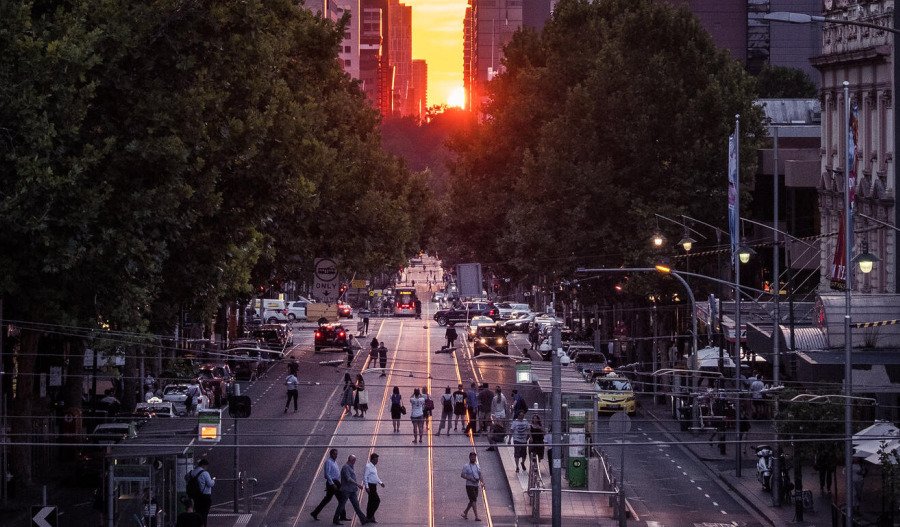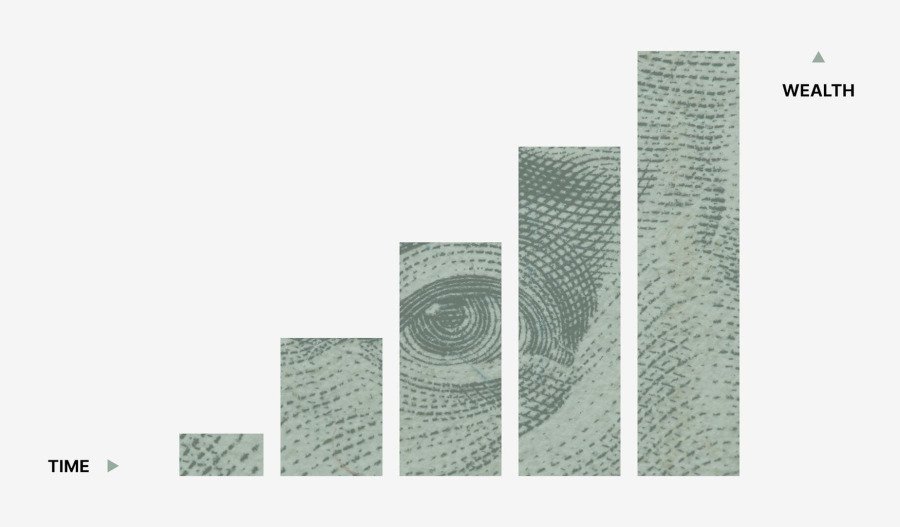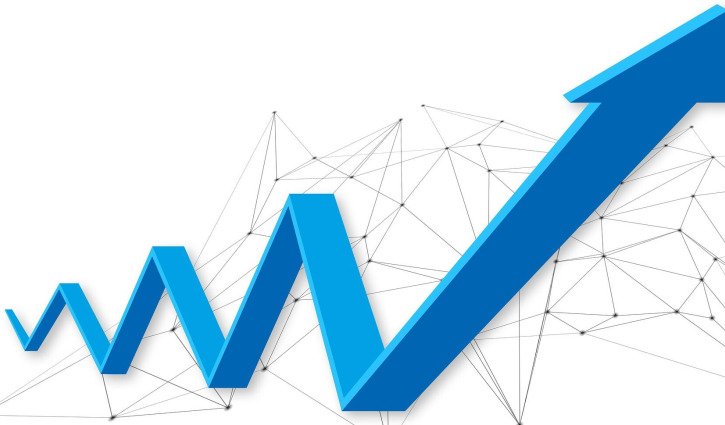Australia’s underlying inflation rate declined in the December quarter to its lowest level in three years on Wednesday, strengthening the case for an interest rate cut by the Reserve Bank of Australia (RBA) next month.
According to figures released by the Australian Bureau of Statistics, the RBA’s preferred inflation gauge - excluding volatile price swings - dropped from 3.5% to an annual 3.2%.
The broader consumer price index (CPI), which factors in government-rebated electricity bills, also eased to 2.4% from 2.8% on an annualised basis.
The Australian Bureau of Statistics' head of prices statistics Michelle Marquardt noted: “The 2024-25 Commonwealth Energy Bill Relief Fund rebates led to a large fall in electricity prices this quarter,” Ms Marquardt said.
“Electricity prices fell by 9.9 per cent in the December 2024 quarter, following a fall of 17.3 per cent in the September 2024 quarter.
"Without the rebates, electricity prices would have risen 0.2 per cent this quarter.”
Markets anticipated that a 3.2% reading would be sufficient to justify a rate cut, offering relief to mortgage holders and signaling progress in controlling inflation. The official cash rate has remained at 4.35% since November 2023, with the last rate reduction occurring in November 2020 amid pandemic-driven economic stimulus measures.
Despite inflation declining more gradually than policymakers had hoped, it has steadily retreated from its 2022 peak of 7.8%, when surging prices for essential goods strained household budgets. With cost pressures easing, the RBA may begin loosening monetary policy to support employment and prevent a potential economic downturn.
Markets have priced in an 84% probability of a 25 basis-point rate cut ahead of Wednesday’s data release, further reinforcing expectations of policy easing.



